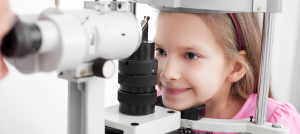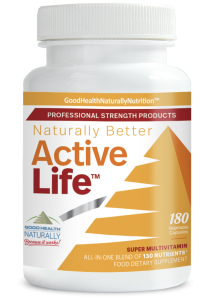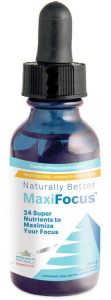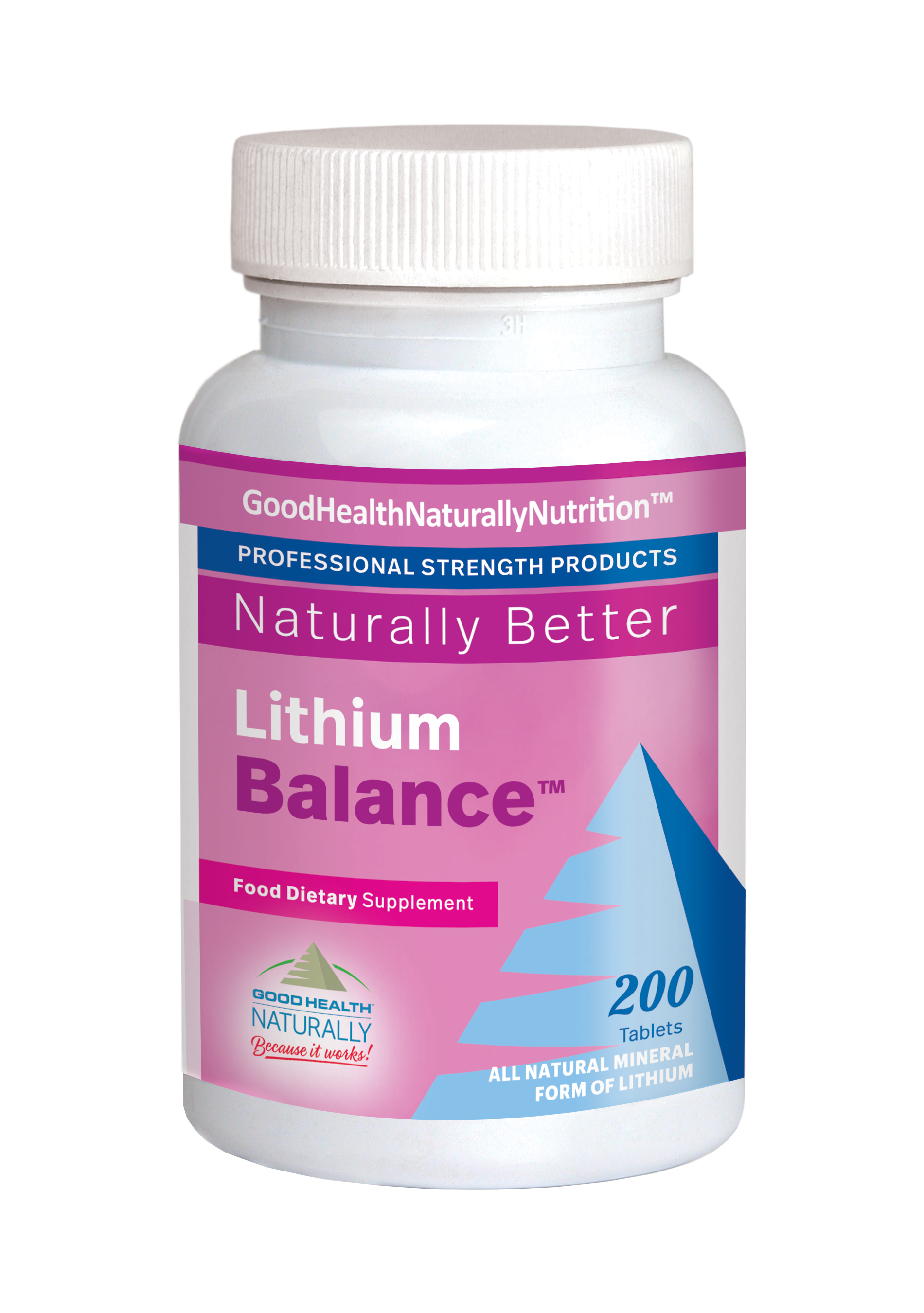Many people are aware that sitting too close to a computer or television can be bad for the eyesight. However, not many realise that eating carbs could increase their risk of becoming short-sighted.
Over the past 200 years, a dramatic increase in myopia (short-sightedness) has been occurring in developed countries. 30% of people in the UK now have the condition. An international team based at the Colorado State University in America and Sydney University in Australia believe that this is mainly due to the typical Western diet that many are eating, which is high in carbohydrates.
A diet high in sugar and refined starches such as breads and cereals can rapdly increase blood sugar levels. The pancreas responds by pumping out more insulin and the elevated insulin levels. This could potentially have a harmful effect on children’s developing eyes, according to researchers.
High insulin levels reduce the amount of a protein called ‘binding protein 3’ from being produced. ‘Binding protein 3’ helps to co-ordinate the way eyeball and its lens grows. When the light hits the lens, the eye focuses on an image on the back of the eyeball, or retina. We then unconsciously change our focus between near and distant objects using tiny muscles that change the eyeball shape, so the image is always in the right place.
When the eyeball grows too long, due to lack of ‘binding protein 3’, the eye can no longer flatten itself enough to focus a sharp image on the retina. This results in myopia. Researchers have however noticed that in children who consume more protein, the condition is slower to develop.
Health Risks That Can Compromise Your Eyesight

Having diabetes or being overweight are two of the main risk factors that can increase your risk of compromised eyesight. Children aren’t the only ones at risk. New research suggests that you’re more likely to develop myopia if you have adult on-set diabetes or are overweight. Both of these conditions are associated with high blood sugar and insulin levels.
Diabetics are more likely to be at risk of damage to their eyes from a condition known as diabetic retinopathy. Eventually, diabetes can affect the circulatory system of the retina, so the arteries become weakened and leak and small dot-like haemorrhages occur.
Leaking vessels lead to swelling of the retina and decreased vision. Blood can leak into the eyeball and this may reduce vision even further. Diabetes sufferers who take active measures to control their blood sugar levels by following a low-carbohydrate diet, have been shown to reduce their risk of diabetic retinopathy significantly.
High blood sugar levels can also cause cataracts as this is the result of sugar molecules attaching themselves to proteins in the lens of your eye. This process is called glycosylation. Proteins twist, bend and clump over, resulting in the lens becoming cloudy and less elastic.
How To Improve Your Eyesight Naturally

Reducing the amount of carbohydrates you eat will help to prevent myopia and diabetic retinopathy. Ensuring you receive higher amounts of antioxidants such as Vitamins A, C and E which inhibit glycosylation, can all make a difference.
Limiting the amount of sweet or starchy foods you give to your children or grandchildren can help. If your child or grandchild has a diet high in pasta, potatoes or white bread then this could be damaging their eyesight. Instead, try and feed them more fresh fruit, vegetables and lentils.
To reduce blood sugar or insulin levels, adding Cinnamon to foods or even better taking a Cinnamon supplement can help to minimise any damage. With a healthy diet and the right nutrients, it is possible to improve your eyesight naturally.
Recommended Examples
Consider adding in the following supplement recommendations into your daily routine for help with improve your eyesight and eye health in the long term.
 Cinnamon27™ – Cinnamon supports the production of balanced blood sugar levels, normal utilisation of levels and may help to support those with Type 2 Diabetes. Available from Good Health Naturally. Cinnamon27™ – Cinnamon supports the production of balanced blood sugar levels, normal utilisation of levels and may help to support those with Type 2 Diabetes. Available from Good Health Naturally. |
 Active Life™ Capsules -With each serving of Active Life™ Capsules, you will receive approximately 75 plant-derived minerals, 12 vitamins, and 3 other nutrients to help replenish storages in your body that are naturally depleted each day. May help to support a healthy immune system and normal recovery processes. Available from Good Health Naturally. Active Life™ Capsules -With each serving of Active Life™ Capsules, you will receive approximately 75 plant-derived minerals, 12 vitamins, and 3 other nutrients to help replenish storages in your body that are naturally depleted each day. May help to support a healthy immune system and normal recovery processes. Available from Good Health Naturally. |
 MaxiFocus™ – 24 super nutrients and antioxidants along with Vitamin D3 that can support healthy eyes, brain and body. MaxiFocus™ is the ONLY sublingual formula delivering a complete spectrum of eye nutrients including Vitamin A, D, E, B6, B12, Magnesium, Zinc, Selenium, Lutein, L-Taurine, Bilberry Extract,Optisharp® (Zeaxanthin extract) and Gingko Biloba Extract. These nutrients absorb at least 900% better than their tablet equivalent and in most cases will be in the eye within 2 MINUTES. Available from Good Health Naturally. MaxiFocus™ – 24 super nutrients and antioxidants along with Vitamin D3 that can support healthy eyes, brain and body. MaxiFocus™ is the ONLY sublingual formula delivering a complete spectrum of eye nutrients including Vitamin A, D, E, B6, B12, Magnesium, Zinc, Selenium, Lutein, L-Taurine, Bilberry Extract,Optisharp® (Zeaxanthin extract) and Gingko Biloba Extract. These nutrients absorb at least 900% better than their tablet equivalent and in most cases will be in the eye within 2 MINUTES. Available from Good Health Naturally. |






Trackbacks/Pingbacks